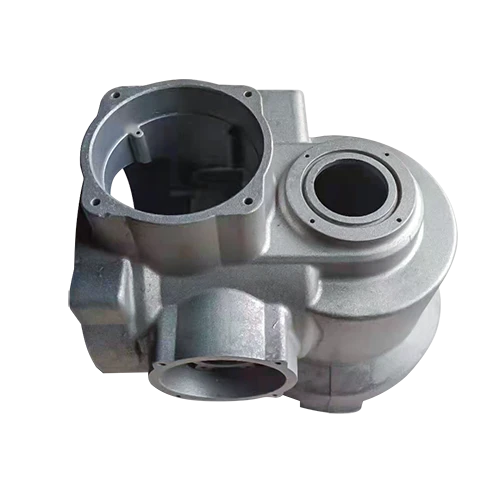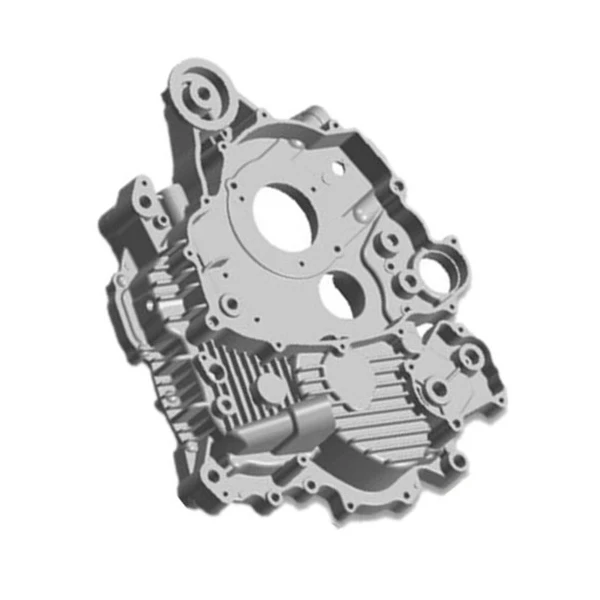Mobile:+86-311-808-126-83
Email:info@ydcastings.com
Jan . 09, 2025 14:04
Back to list
impeller on pump
Choosing the right impeller for your pump can significantly impact both the efficiency and longevity of your pumping system. An impeller, a critical component within any pump, plays a pivotal role in determining flow rate and pressure. Below are insights drawn from years of experience and expertise, offering authoritative advice to help you make the best decision.
It's also vital to match the impeller to the specific requirements of your system. This involves evaluating factors such as flow rate, head, and the nature of the fluid being pumped. Utilizing performance curves provided by the pump manufacturer can guide you in selecting an impeller that aligns with the system’s operational parameters. Moreover, energy efficiency is often linked to impeller design. Innovations in impeller technology over recent years have led to highly efficient designs that reduce energy consumption while maintaining performance. Variable frequency drives (VFDs) paired with advanced impeller designs can offer even greater efficiencies, adapting the pump's output to the specific demands of the application and reducing energy costs. Trustworthiness in advice regarding impeller selection hinges on evidence-based outcomes. Seek out reviews and case studies that reflect similar use-case scenarios to yours. This real-world feedback can provide assurance and lessen the likelihood of encountering unforeseen issues. In conclusion, the right impeller selection for your pump is a multifaceted decision that balances efficiency, durability, and application-specific needs. Leveraging guided choices grounded in expert knowledge not only ensures peak performance but also offers long-term reliability and cost-effectiveness.


It's also vital to match the impeller to the specific requirements of your system. This involves evaluating factors such as flow rate, head, and the nature of the fluid being pumped. Utilizing performance curves provided by the pump manufacturer can guide you in selecting an impeller that aligns with the system’s operational parameters. Moreover, energy efficiency is often linked to impeller design. Innovations in impeller technology over recent years have led to highly efficient designs that reduce energy consumption while maintaining performance. Variable frequency drives (VFDs) paired with advanced impeller designs can offer even greater efficiencies, adapting the pump's output to the specific demands of the application and reducing energy costs. Trustworthiness in advice regarding impeller selection hinges on evidence-based outcomes. Seek out reviews and case studies that reflect similar use-case scenarios to yours. This real-world feedback can provide assurance and lessen the likelihood of encountering unforeseen issues. In conclusion, the right impeller selection for your pump is a multifaceted decision that balances efficiency, durability, and application-specific needs. Leveraging guided choices grounded in expert knowledge not only ensures peak performance but also offers long-term reliability and cost-effectiveness.
Next:
Latest news
-
Impeller Technology That Powers Precision in Pump SystemsNewsMay.22,2025
-
Valve Durability Begins with Quality Cast Iron ComponentsNewsMay.22,2025
-
Performance Cooling with Advanced Automobile Water Pump SolutionsNewsMay.22,2025
-
How Motor Housing and Oil Pans Shape Engine PerformanceNewsMay.22,2025
-
How Metal Castings Drive Modern Manufacturing EfficiencyNewsMay.22,2025
-
Exploring the Engineering Behind Valve Body CastingsNewsMay.22,2025
Related PRODUCTS











